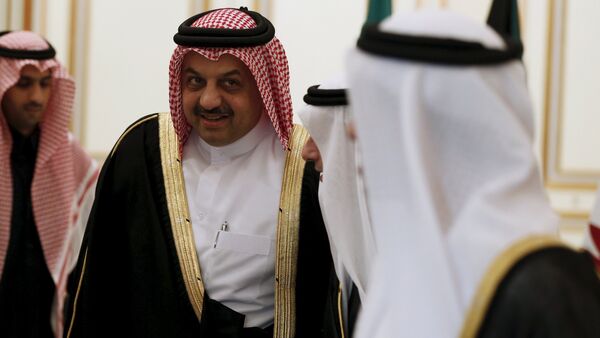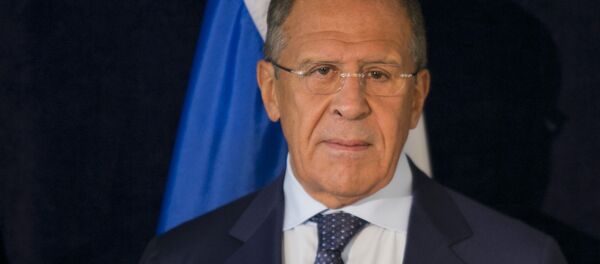"As far as the last part of the question regarding lists and classifications of different organizations and groups, we are against such classifications. We believe that the most important for us is to understand what made certain groups take up their weapons, to understand goals and aims," the minister said in a press conference with Russian Minister Sergei Lavrov.
"If we understand and realize what is behind this, then we can come to joint approaches and find the right way. We are ready to continue working on bringing our positions together and supporting a serious political process with an aim to resolve and put an end to this tragedy," he added.
Qatar does not consider Syrian President Bashar Assad a legitimate authority and believes he should not lead the Arab republic in the future, Minister of Foreign Affairs said.
"I have talked about this before. Our country considers Bashar Assad an illegitimate president, especially after he had used chemical weapons and other unacceptable weapons against his people," Attiyah said after talks with Russian Foreign Minister Sergei Lavrov.
Lavrov acknowledged that Moscow and Doha are at odds over Assad’s fate.
"We believe that he cannot lead Syria in the future," Attiyah said.
The creation of a military force within the framework of the Islamic coalition against terrorism is not being discussed, Khalid bin Mohammad Attiyah said.
Saudi Arabia announced earlier this month the formation of a 34-nation Islamic alliance claimed to fight terrorism, composed of majority-Sunni Asian, African and Arab countries.
"Currently we are talking about information exchanges related to movements of people and funds. The issue of creating military forces has not been discussed yet. We are trying to concentrate our efforts on the fight against the terrorism ideology, and so our Islamic coalition is not cooperating with the [US-led] coalition acting in the military sphere," the minister said at a press conference with Russian Foreign Minister Sergei Lavrov.



